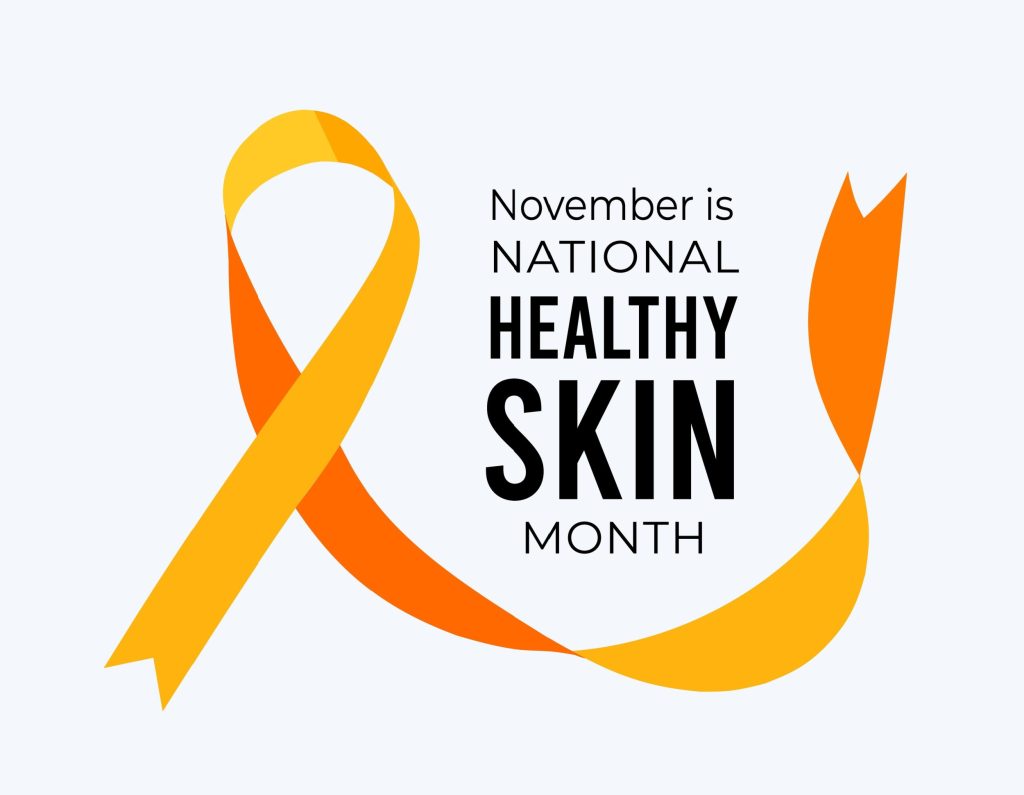
The term “gut microbiome” refers to the vast community of microorganisms, including bacteria, fungi, and viruses, residing within our intestines. This intricate ecosystem, collectively known as microorganisms or microbes, holds a pivotal role as the brain’s most reliable counselor. Along the lining of the gastrointestinal tract, the enteric nervous system (ENS) consists of millions of nerve cells, establishing a crucial connection between the gut and the brain. The ENS acts as a messenger, conveying information to the brain regarding the body’s well-being, and in turn, the brain orchestrates an appropriate response. When your gut is in good condition, it translates to a positive impact on both your mind and body, and conversely, if your gut is not in great condition, you will likely not feel the best. Therefore, it is believed that optimal gut health is a significant contributor to overall health and well-being.
When it comes to the health of your gut, the more diverse species of good bacteria you carry, the better. The average person has anywhere from 300-500 different species of bacteria in the digestive tract. Nothing in your body escapes the scrutiny of the gut microbiome. It works to facilitate digestion, absorb nutrients from food, regulate hormones, regulate mood and mental health, and affect the central nervous system.
The most current research into the gut microbiome suggests that the gut microbiome is responsible for regulating the immune system and immune responses, which means that an imbalanced population of bacteria in the gut can trigger autoimmune disorders, skin conditions, and inflammatory reactions. This is a relatively new field of study, so research is currently being conducted to determine the many ways in which the gut microbiome may impact the skin.
The Gut-Skin Axis
The gut-skin axis refers to the bidirectional communication and interaction between the gastrointestinal (GI) tract, particularly the gut microbiome, and the skin. This concept recognizes that the health and balance of the gut can influence the condition and appearance of the skin, and vice versa. The relationship is part of a broader understanding of the interconnectedness of various body systems.
Researchers believe the gut microbiome affects skin health in the following ways:
Inflammation:
The gut microbiome plays a role in regulating the immune system. An imbalance in gut bacteria can lead to increased inflammation, which may contribute to skin conditions such as acne, psoriasis, and eczema.
Nutrient Absorption:
The gut is responsible for absorbing nutrients from the food we eat. A healthy gut microbiome helps in efficient nutrient absorption, and deficiencies in certain vitamins and minerals can affect the skin’s health.
Short-Chain Fatty Acids (SCFAs):
Gut bacteria ferment dietary fibers and produce SCFAs, which can have anti-inflammatory effects. SCFAs may contribute to a healthy skin barrier function.
Hormone Regulation:
The gut microbiome can influence the metabolism and excretion of hormones. Hormonal imbalances, such as those related to stress, can impact the skin, and contribute to conditions like acne.
Skin Barrier Function:
The gut and the skin both act as barriers to protect the body. A healthy gut microbiome may contribute to the maintenance of a strong and effective skin barrier.
Microbial Relocation:
In some cases, an imbalance in the gut microbiome can lead to the relocation of bacteria or bacterial products from the gut into the bloodstream. This may trigger an immune response that can affect the health of your skin.
Psychological Factors:
The gut-brain-skin axis suggests a connection between the gut, the brain, and the skin. Psychological stress can affect the gut microbiome, and stress is known to be a trigger for certain skin conditions.
Understanding the gut-skin axis highlights the importance of a holistic approach to health, considering factors such as diet, gut microbiome balance, and lifestyle in the management and prevention of various skin conditions. While research in this area is ongoing, there is growing evidence supporting the idea that a healthy gut can contribute to radiant and healthy skin.
How to Increase Good Bacteria in the Gut
Promoting a healthy gut microbiome involves practices that encourage the growth and maintenance of beneficial bacteria. Here are some strategies to increase good bacteria in the gut for a healthy gut-skin axis:
Eat Fiber-Rich Foods:
Consuming a diet high in fiber, particularly from fruits, vegetables, whole grains, and legumes, provides a food source for beneficial bacteria in the gut. This promotes their growth and activity.
Include Probiotic-Rich Foods:
Foods like yogurt, kefir, sauerkraut, kimchi, and other fermented foods contain live beneficial bacteria (probiotics). Including these in your diet can introduce and support the growth of good bacteria in the gut.
Consume Prebiotic Foods:
Prebiotics are non-digestible fibers that promote the growth of beneficial bacteria. Foods rich in prebiotics include garlic, onions, leeks, asparagus, bananas, and whole grains.
Promote Dietary Diversity:
Consuming a variety of foods exposes your gut to different types of nutrients and supports a diverse microbiome. Aim for a colorful and varied diet.
Reduce Sugar Intake:
Excessive sugar and processed foods can promote the growth of harmful bacteria. Limiting the intake of these foods helps maintain a balanced microbiome.
Eat Foods High in Polyphenols:
Polyphenols are plant compounds found in foods like berries, tea, coffee, and dark chocolate. They can have a positive impact on gut bacteria.
Drink Plenty of Water:
Staying hydrated supports overall digestive health and helps create an environment conducive to the growth of beneficial bacteria.
Engage in Regular Physical Activity:
Regular exercise has been associated with a more diverse and beneficial gut microbiome. Aim for a combination of aerobic and resistance exercises.
Practice Stress Reduction Techniques:
Chronic stress can negatively impact the gut microbiome. Practices like meditation, yoga, and deep breathing can help manage stress levels.
Avoid Antibiotic Overuse:
Antibiotics can disrupt the balance of gut bacteria. Use antibiotics only when necessary and as prescribed by a health care professional.
It’s important to note that individual responses to these strategies can vary. If you have specific concerns about your gut health or skin conditions, it’s advisable to consult with a health care professional or a registered dietitian for personalized guidance.
The intricate interplay between the gut microbiome and our skin underscores the importance of a holistic approach to health. As we’ve explored, a healthy gut microbiome contributes not only to digestive stamina but also plays a pivotal role in the health and appearance of our skin. By nourishing our bodies with a diverse, nutrient-rich diet, embracing probiotic-rich foods, and adopting lifestyle practices that support a balanced microbiome, we empower ourselves to cultivate radiant and resilient skin from the inside out. Recognizing the profound connection between our gut and skin invites us to embark on a journey of self-care that encompasses both internal and external well-being, paving the way for a healthier life.
Schedule a Consultation with Florida Dermatology and Skin Cancer Centers
Florida Dermatology and Skin Cancer Centers provides a full spectrum of dermatology and skin care services, and its team of physicians, APRNs, and PAs are experts in diagnosing and treating skin cancers with the latest technological options. Medical Director, Dr. K. Wade Foster, is fellowship-trained in Mohs surgery, the most effective technique for most types of skin cancers, with minimal scarring or risk. For more information about the services that Florida Dermatology and Skin Cancer Centers provides, or to make an appointment for a skin exam, visit www.fldscc.com or contact us at (855) FLD-SKIN.


